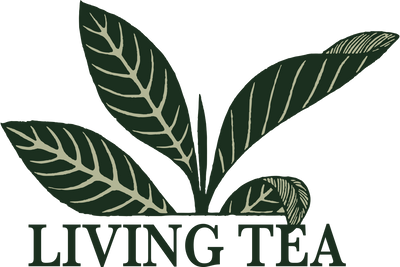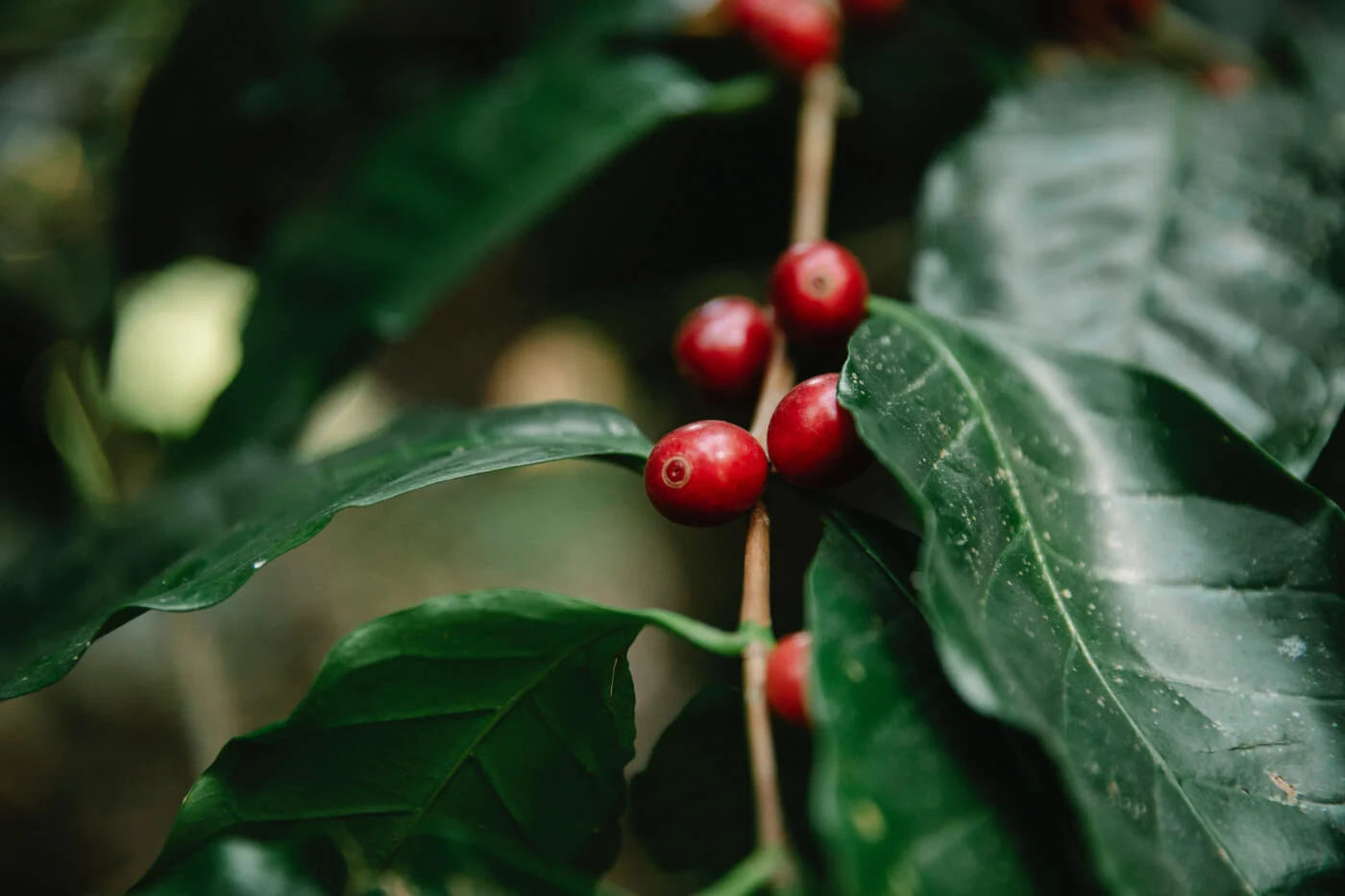In the Taoist Five Element framework, Late Summer is its own, fifth season. It is the center point: when yang mellows and transforms into yin, when Summer has fully ripened and we naturally slow down. What can we learn from this transitional time?
Late Summer is not a specific date on the calendar, but a shift we feel within ourselves.
In The Way of the Five Seasons, John Kirkwood explains:
When does late summer begin? This will vary widely depending on your location. [L.S.] Jarrett places this season between the middle of August until the first frost, which describes his experience in New England. Warmer climates may feel the change later, in September of March depending on your hemisphere. The Neijing definition would put the late summer at the beginning of August or February. Overall there is a sense of a decrease in nature, a lowering of intensity, a softening and rounding.
Every season has an earlier and later part to it, but the Five Element framework specifically recognizes Late Summer as its own season because it is the center or balancing point between the yang, rising seasons (Spring and Summer) and the yin, falling seasons (Autumn and Winter). Because each one of us is unique, so are our seasonal transitions. People with strong Fire element constitutions may enjoy a long and active Summer season, while people with more yin constitutions might find that their fiery Summer "burns out" more quickly and their transition comes earlier in the year.
Late Summer is for digesting: learning from our experiences.
The organs associated with the season are the Stomach, Spleen, and Pancreas. These occupy the center of the body, and the Stomach in particular is responsible for the nourishment of all the other organs, controlling appetite, transforming food into nourishment, and transporting those resources throughout the rest of the body. The Spleen and Pancreas (sometimes referred to as a single unit, "Spleen/Pancreas") assist with this movement of resources and Qi, both downward for excretion of waste and upward for supporting the cardiorespiratory organs.
The slower pace of Late Summer encourages us to do the same in all areas of life: to process the experiences we've received and receive nourishment from them. (Autumn then helps us eliminate the rest.) The digestive process in the body is very much about separation: breaking down complex things into their component parts. This activity is difficult to do in the Summer when the energy is active all the time -- going prevents us from reflecting. When the weather settles, the garden begins to cycle down, and overripe fruit falls back to the Earth, Nature tells us that we should follow suit. What have we experienced and received? What abundance do we have to be grateful for?
Late Summer is the season of the Earth element.
The Earth element represents the stability, abundance, and nourishment of the season. The earth below our feet gives us a sense of "groundedness," or "having legs to stand on." The Earth generates all physical nourishment, from the plant life that we consume to the minerals created deep underground. These resources give rise to empathy and altruism: when we are aware of and grateful for all that we have, we naturally wish to share it with others.
Earth encourages us to reflect:
- Do I feel I have enough? Do I recognize and appreciate what I have?
- What is my relationship to stability in life? Do I seek it out, feel a lack of it, judge it as "boring"?
- Do I allow myself to receive nourishment?
- Do I give to others? Do I give or worry more than I should, depleting myself?
This potent season awakens so much within us. Respond to the invitation of Nature and allow some time for all the experiences and activities of the yang seasons to ripen within you.
DIVE DEEPER
For Late Summer health, wellness, and tea insights, listen to Living Tea Founder Colin Hudon discuss this potent season with Nitsa Citrine on the Soundfood podcast.
Written by Rachel E. Maley, leader of Living Tea and creator of Still Life Meditation. Photos by Kat Mills Martin, from Living Tea's May 2022 Five Element Retreat.

